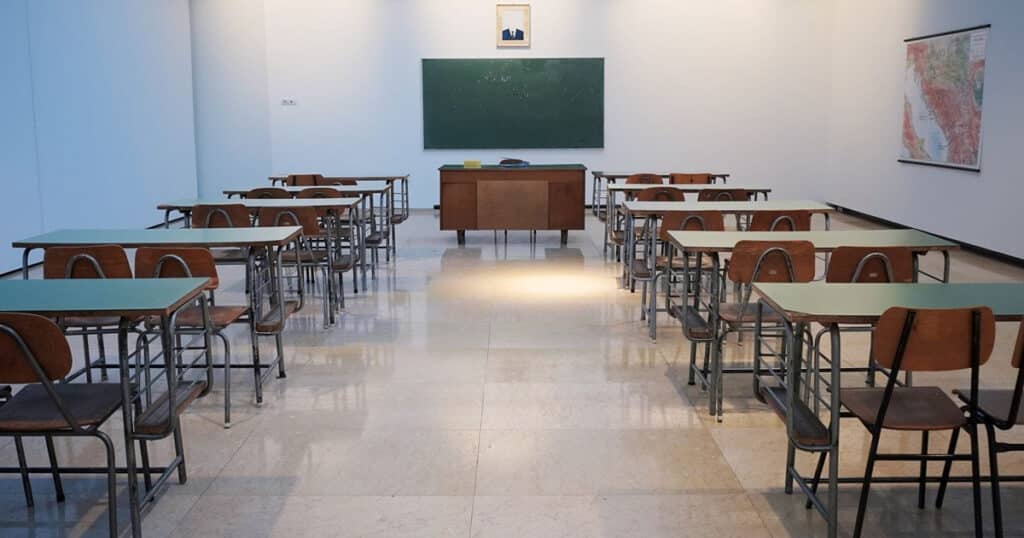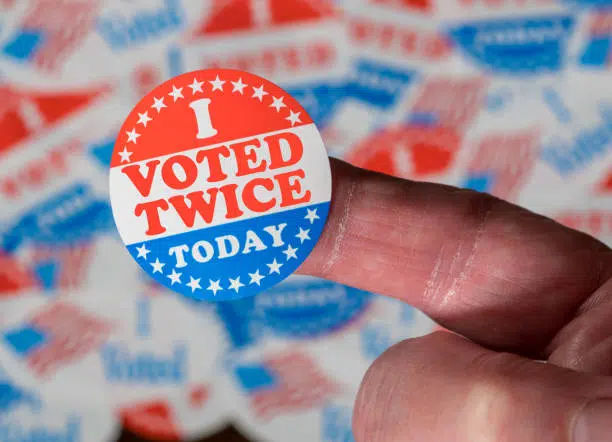
Shapiro’s Chance to Lead on School Choice
In September, school-choice supporters in Pennsylvania suddenly noticed a change on Democratic gubernatorial candidate Josh Shapiro’s website. “Josh favors adding choices for parents and educational opportunity for students and funding Lifeline Scholarships like those approved in other states and introduced in Pennsylvania,” the updated education policy section read. Previously, the site made no mention of support for any school-choice proposals.
The Lifeline Scholarship program, sponsored by Reps. Clint Owlett (R-Tioga/Bradford/Potter) and Martina White (R-Philadelphia), passed in the Pennsylvania House over the summer but stalled in the Senate. It would have established scholarship accounts for students assigned to the lowest-achieving public schools so that they could pursue better educational options. The accounts could be used to fund a variety of approved educational expenses, like tutoring, tuition, instructional materials, and services for students with special needs.
Shapiro expressing support for Lifeline Scholarships represented a monumental shift. Gov. Tom Wolf has been a fierce opponent of school-choice programs, though lawmakers were able to increase the caps on Pennsylvania’s tax-credit scholarships during his tenure by including them in annual state budgets. Wolf was expected to veto Lifeline Scholarships if they passed.
Similar programs—typically called education savings accounts (ESAs)—have been enacted in ten states. Six ESA programs were enacted in 2021 alone; two were funded with tax credits instead of with state education dollars. But ESAs have been a red-state phenomenon so far; the two programs that passed in states with Democratic governors did so only because the legislatures were able to override vetoes.
Now that Shapiro has won the governor’s race, it remains to be seen how he proceeds when it comes to Lifeline Scholarships. Recent polling shows strong support for ESAs in Pennsylvania, with 67% of the general public and 78% of parents in favor.
But Shapiro will be dealing with a legislature less friendly to school choice. After three special elections take place early next year, Democrats are expected to emerge with a one-vote majority. Lifeline Scholarships are unlikely to be a priority.
Shapiro is correct that students need more educational options—especially the kids who would benefit from Lifeline Scholarships. The program is aimed at students in the bottom 15% of schools in terms of performance on state testing. Many of these schools are chronically low-performing. Of the 568 schools currently on the list, 235 have been on it for at least the last six years. In many cases, parents are required to send their kids to the same failing schools that they themselves had to attend.
What does it mean to be in the bottom 15% of schools? Even if every school in the state is serving children well and producing graduates who are mastering every subject, there will be schools at the bottom of a performance ranking. But some schools clearly lag in academic performance.
At Pittsburgh’s Westinghouse Academy, which makes the list year after year, less than five percent of eighth-graders and less than 20% of high school students have scored proficient or better in math in recent years—even before COVID-19. Around 15% of eighth-graders and 30 percent of high schoolers met that threshold for reading language arts. Results were similar at several other Pittsburgh schools on the list. Meanwhile, the district spends over $27,000 per student per year.
In the Harrisburg school district, every school except the SciTech magnet school has been on the low-performing schools list for at least six years. Average math proficiency in the district is 12%, and reading proficiency is 24%. The district spends more than $18,000 per student. Chester-Upland school district spends more than $21,000 per student and has an average math proficiency of 7% and reading-proficiency score of 24%. These schools also make the low-performing list every year.
Families whose kids are assigned to these schools deserve other options. They can’t afford to keep waiting for their schools to improve. With a shifting landscape in the state House, the onus will be on Shapiro to push for policies like Lifeline Scholarships. Will he step up to the plate?
This article was originally published by RealClearPennsylvania and made available via RealClearWire.



